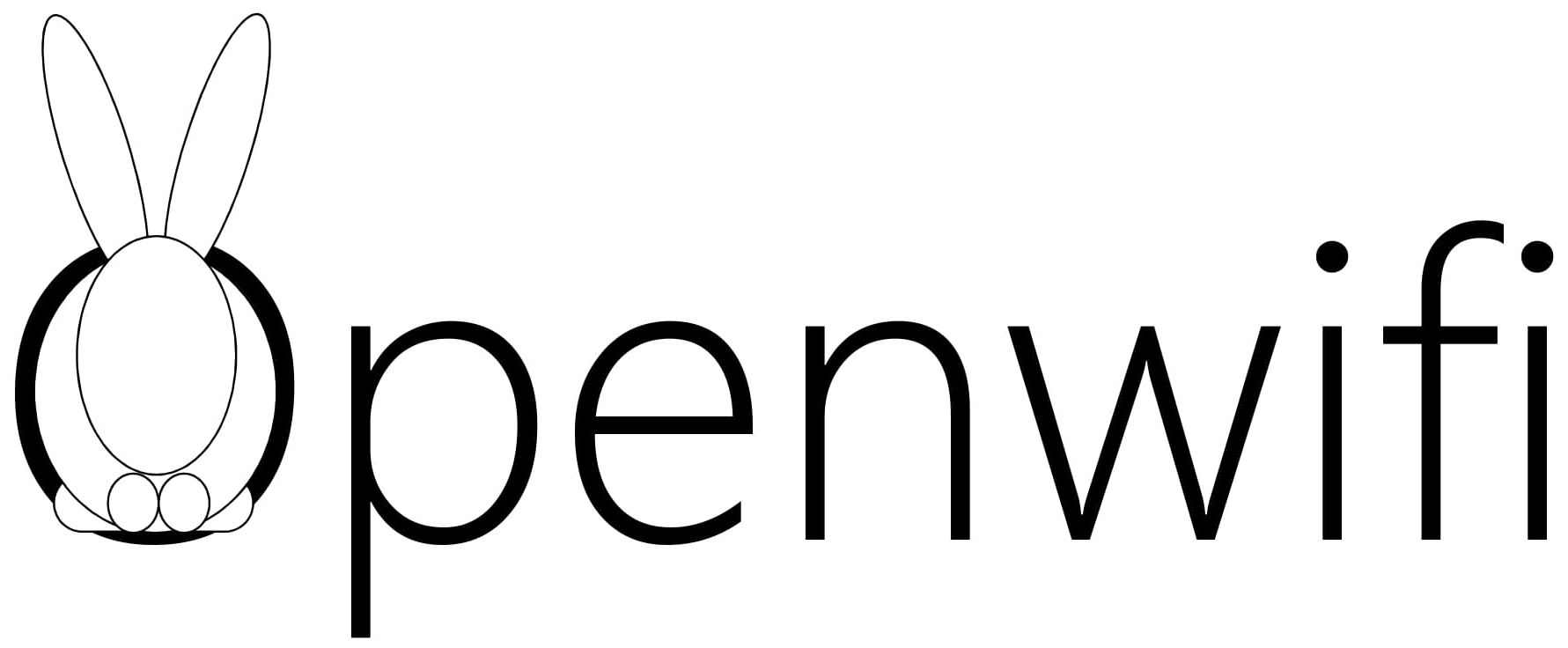open-sdr / Openwifi Hw
Projects that are alternatives of or similar to Openwifi Hw
openwifi-hw

openwifi: Linux mac80211 compatible full-stack IEEE802.11/Wi-Fi design based on SDR (Software Defined Radio).
This repository includes Hardware/FPGA design. To be used together with openwifi driver and software repository.
Openwifi code has dual licenses. AGPLv3 is the opensource license. For non-opensource license, please contact [email protected]. Openwifi project also leverages some 3rd party modules. It is user's duty to check and follow licenses of those modules according to the purpose/usage. You can find an example explanation from Analog Devices for this compound license conditions. [How to contribute].
Pre-compiled FPGA files: boards/board_name/sdk/ has FPGA bit file, ila .ltx file and some other files might be needed.
board_name options:
- zc706_fmcs2 (Xilinx ZC706 dev board + FMCOMMS2/3/4)
- zed_fmcs2 (Xilinx zed board + FMCOMMS2/3/4)
- adrv9361z7035 (ADRV9361-Z7035 + ADRV1CRR-BOB/FMC)
- adrv9364z7020 (ADRV9364-Z7020 + ADRV1CRR-BOB)
- zc702_fmcs2 (Xilinx ZC702 dev board + FMCOMMS2/3/4)
- zcu102_fmcs2 (Xilinx ZCU102 dev board + FMCOMMS2/3/4)
Build FPGA: (Xilinx Vivado (also SDK and HLS) 2018.3 is needed. Example instructions are verified on Ubuntu 18)
- In Linux, prepare Analgo Devices HDL library (only run once):
export XILINX_DIR=your_Xilinx_directory
./prepare_adi_lib.sh $XILINX_DIR
- In Linux, prepare Analgo Devices board specific ip (only run once for each board you have):
./prepare_adi_board_ip.sh $XILINX_DIR $BOARD_NAME
(Don't need to wait till the building end. When you see "Building ABCD project [...", you can stop it.)
- Install the evaluation license of Xilinx Viterbi Decoder into Vivado. Otherwise there will be errors when you build the whole FPGA design.
- Open Vivado, then in Vivado Tcl Console:
Change to openwifi-hw/boards/board_name/ directory by "cd" command, if Vivado is launched in different directory.
source ./openwifi.tcl
- In Vivado:
Open Block Design
Tools --> Report --> Report IP Status
Generate Bitstream
(Will take a while)
File --> Export --> Export Hardware... --> Include bitstream --> OK
File --> Launch SDK --> OK, then close SDK
- In Linux:
cd openwifi-hw/boards
./sdk_update.sh board_name
git commit -a -m "new fpga img for openwifi (or comments you want to make)"
git push
(Above make sure you can pull this new FPGA from openwifi submodule directory: openwifi-hw)
Modify IP cores:
IP core source files are in "ip" directory. After IP is modified, export the IP core into "ip_repo" directory. Then re-run the full FPGA build procedure. For IP project created by _high.tcl or _low.tcl or _ultra_scale.tcl, exporting target directory should be ip_repo/high/ or ip_repo/low/ or ip_repo/ultra_scale/ (for ZynqMP SoC, like zcu102 board). Other IP should be exported to ip_repo/common/.
- IP cores designed by HLS (mixer_ddc and mixer_duc). mixer_ddc as example:
Create a project "mixer_ddc" with file in ip/mixer_ddc/src directory in Vivado HLS.
During creating, set mixer_ddc as top, select zc706 board as "Part" and set Clock Period 5 (means 200MHz).
Run C synthesis.
Click solution1, Solution --> Export RTL
Copy project_directory/solution1/impl/ip to ip_repo/common/mixer_ddc
- IP cores designed by block-diagram (ddc_bank_core, fifo32_1clk, etc). fifo32_1clk as example:
Open Vivado, then in Vivado Tcl Console:
cd ip/fifo32_1clk
source ./fifo32_1clk.tcl
In Vivado:
Open Block Design
Tools --> Report --> Report IP Status
Tools --> Create and Package New IP... --> Next --> Package a block design from ... --> Next --> set "ip_repo/common/fifo32_1clk" as target directory --> Next --> OK -- Finish
In new opened temporary project: Review and Package --> Package IP --> Yes
- IP cores designed by verilog (rx_intf, xpu, etc). xpu as example:
Open Vivado, then in Vivado Tcl Console:
cd ip/xpu
source ./xpu_high.tcl
In Vivado:
Tools --> Report --> Report IP Status
Tools --> Create and Package New IP... --> Next --> Next --> set "ip_repo/high/xpu" as target directory --> Next --> OK -- Finish
In new opened temporary project: Review and Package --> Package IP --> Yes
-
openofdm_rx: You need to apply the evaluation license of Xilinx Viterbi Decoder and install on your PC firstly.
-
In Linux:
cd ip/ git submodule init openofdm_rx git submodule update openofdm_rx cd openofdm_rx git checkout dot11zynq git pull -
Open Vivado, then in Vivado Tcl Console:
cd ip/openofdm_rx source ./openofdm_rx.tcl -
In Vivado:
Tools --> Report --> Report IP Status Tools --> Create and Package New IP... --> Next --> Next --> set "ip_repo/common/openofdm_rx" as target directory --> Next --> OK -- Finish In new opened temporary project: Review and Package --> Package IP --> Yes
-
Note: openwifi adds necessary modules/modifications on top of Analog Devices HDL reference design. For general issues, Analog Devices wiki pages would be helpful!
Notes: The 802.11 ofdm receiver is based on openofdm project. You can find our patch (bug-fix, improvement) here which is mapped to ip/openofdm_rx.
